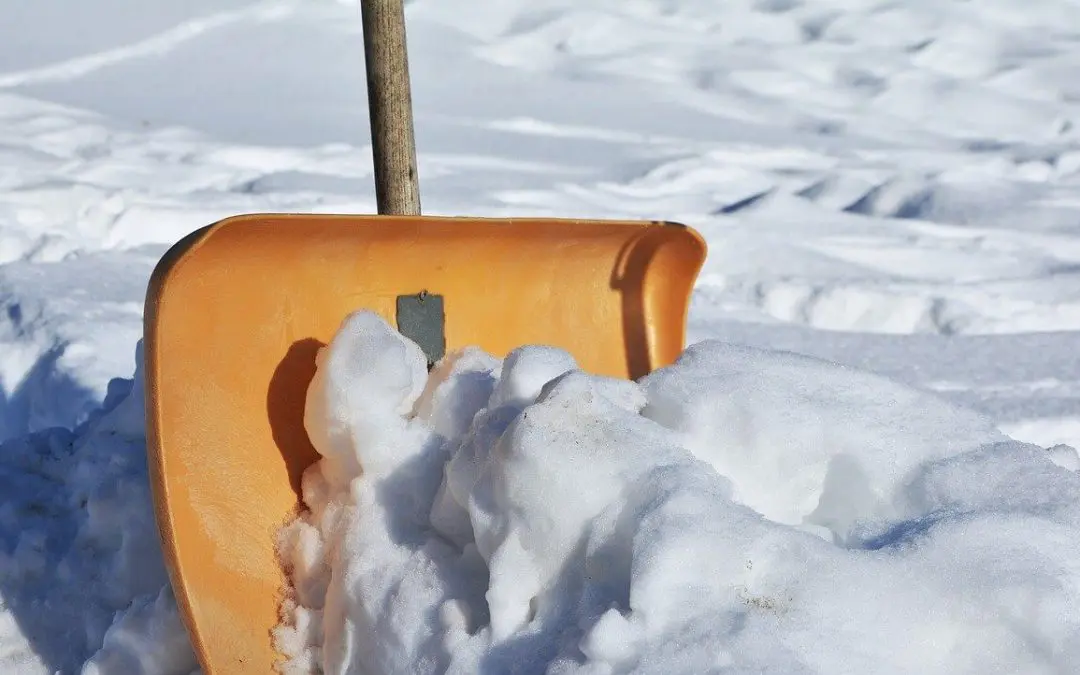Snowy weather is nice when you’re comfortably indoors. However, when temperatures drop and storms are on the way, a cozy evening can turn into a hazardous situation. Taking time to plan ahead will help you stay safe and comfortable during the coldest months of the year. Here are some tips to brush up on your winter safety protocol.
Be Careful When Removing Snow
Snow removal is one of the more dangerous parts of dealing with winter weather. When ice is on the ground, it’s easy to slip and hit your head or break a limb. Even if you don’t fall, shoveling snow the wrong way can lead to back injuries and pain.
The best way to shovel snow safely is by lifting with your legs and not your back. Shovel for short periods of time throughout the day so you don’t become exhausted and careless.
Clean the Exterior Dryer Vent to Promote Safety this Winter
Particularly during snowstorms when snow might be blowing against your house, take care to clean out the exterior dryer vent. When snow is packed in the vent, it can freeze and prevent air from escaping. This can lead to an overheating appliance and a fire.
Test the Carbon Monoxide Detectors and Smoke Alarms
When we are cooped up indoors during the winter and spending more time at home, the risk of carbon monoxide poisoning and a house fire increases.
Test the carbon monoxide detectors and smoke detectors in your home to verify they are working. Change the batteries and make sure the devices are less than 10 years old. Smoke and carbon monoxide detectors should be replaced after 10 years of service. Purchase new detectors now to boost safety at home.
Winter Safety: Check the Roof
Hire a roofing professional to help identify areas of concern with your home’s roof. Heavy snow and ice can cause serious damage to your roofing. An inspection will verify that it is strong enough to withstand the weight of dense snow and that no leaks are present.
If you live in an area with severe winter weather and are replacing your roof, install a water-repellant layer under the roof covering to limit ice accumulation and damming.
Avoid Frozen Plumbing Pipes
Burst pipes are common in the winter when uninsulated pipes are exposed to freezing temperatures. Take time to insulate your plumbing and drain the outdoor hose bibbs before turning them off for the winter.
A burst pipe can release hundreds of gallons of water into your basement or attic, leading to severe water damage and mold growth. Basic preparations will help prevent burst pipes and health problems caused by mold exposure.
Gather Winter Safety Supplies
If your power goes out or a snowstorm is on the way, having your emergency supplies in a central location is essential. Put together a box or kit that contains:
- Flashlights and headlamps
- Extra batteries
- Blankets
- Bottled water
- Non-perishable food items
- Fire extinguisher
- First aid kit
Winter weather can be severe. Be ready for colder temperatures by preparing your home for winter to keep your family safe all season long.
Five Stars Home Inspection offers inspections to homebuyers and sellers in Boston, MA, and the surrounding areas. Contact us to schedule our services.

